How to Prepare for Your Cardiology Appointment
As someone who has been through a few cardiology appointments myself, I know how daunting the whole process can feel. The anticipation, the unknowns, and the realization that something might be off with your heart can be stressful. But preparing well for your cardiology appointment can help you feel more in control and ensure that you get the most out of your visit. Whether it’s your first time seeing a cardiologist or you’re a returning patient, these tips will guide you on how to get ready for your appointment.

1. Understand Why You’re Seeing the Cardiologist
The first step in preparing for your cardiology appointment is to fully understand why you're seeing the cardiologist. Your general practitioner might have referred you due to specific symptoms, like chest pain, shortness of breath, dizziness, or irregular heartbeats. Sometimes, it could be a routine check-up or part of a broader health screening, especially if you have risk factors like high blood pressure or a family history of heart disease.
Before the appointment, take some time to reflect on any symptoms you've been experiencing. Are they intermittent or constant? How long have they been happening? This will help your cardiologist make the best decisions for your treatment. Writing down your symptoms in advance, including when they occur and what you were doing at the time, can be incredibly helpful.
Heartland Cardiovascular Center
heartland cardiology
Madison Medical Plaza, 301 N Madison St # 207, Joliet, IL 60435, USA

2. Gather Your Medical Records
It's crucial to bring along any medical records relevant to your heart health. If you’ve had recent blood tests, electrocardiograms (EKGs), or heart imaging tests, make sure you have those results on hand. This will save time during your appointment and ensure your cardiologist has all the information needed for an accurate assessment.
Also, if you're on medication for any pre-existing conditions (such as hypertension or diabetes), bring a list of those medications, including dosages. If you're unsure about which medications are relevant, don't hesitate to ask your primary care doctor beforehand.
3. List Your Questions and Concerns
Often, when we finally get to see a specialist, we can become overwhelmed with information, leaving some of our important questions unanswered. To avoid this, write down any questions you may have about your symptoms, your heart health, or possible treatments. Bring this list with you to your appointment so you can make sure everything is covered.
Some common questions that may come to mind include:
- What are the possible causes of my symptoms?
- What tests do you recommend, and why?
- What lifestyle changes can I make to improve my heart health?
- Are there any medications that I should start or adjust?
4. Prepare for Testing
Depending on your symptoms and medical history, your cardiologist may recommend some tests during your visit. Common tests that may be performed at a cardiology appointment include:
- Electrocardiogram (EKG): A simple test that measures your heart’s electrical activity.
- Echo Cardiogram: An ultrasound of the heart that helps evaluate its function and structure.
- Stress Tests: These tests assess how your heart performs under physical exertion.
- Blood Tests: These can assess cholesterol levels, hormone levels, and other vital markers for heart health.
If you are scheduled for any of these tests, make sure you follow any preparation instructions provided by the office. For example, if you’re having a stress test, you may be asked to avoid eating beforehand, or if you’re having an EKG, you may be asked to wear comfortable clothes without metal zippers or buttons.
5. Bring a Support Person
If you're feeling nervous about the appointment, consider bringing a family member or friend with you. Having someone you trust by your side can provide emotional support, help you remember the information your cardiologist shares, and offer a second pair of ears for any instructions you may need to follow afterward.
6. Wear Comfortable Clothing
Since you may need to undergo some physical tests during your appointment, wearing comfortable, loose-fitting clothing is important. It’s also a good idea to wear something that allows easy access to your chest for tests like an EKG. A button-up shirt or something with a zipper can be convenient, especially for any heart imaging tests that require you to expose part of your chest.
7. Plan Ahead for Follow-Up Care
After your appointment, your cardiologist may recommend follow-up appointments or further tests. Be sure to clarify the next steps with the doctor before you leave, and make sure you have the necessary contact information for scheduling these appointments.
Additionally, make sure to discuss any lifestyle changes, medications, or treatments you may need to begin after the appointment. You might want to create a plan to track any new symptoms or changes in your health. This proactive approach can be vital in managing your heart health moving forward.
8. Stay Calm and Open-Minded
It’s natural to feel anxious about seeing a cardiologist, especially if you're worried about your heart health. However, remember that cardiologists are experts who are there to help you. They will work with you to assess your condition and guide you through the next steps in managing your health.
Don’t hesitate to ask questions and voice any concerns you may have. Open communication with your cardiologist will ensure you feel comfortable with your diagnosis and treatment plan.
9. The Power of Prevention
Many heart conditions can be prevented or better managed with early intervention. By taking the time to prepare for your cardiology appointment, you’re investing in your health and empowering yourself with the knowledge to live a healthier life. Whether you leave with new information, a treatment plan, or simply peace of mind, you’ll be taking an important step toward better heart health.
In my experience, preparing well for my cardiology appointments not only helped me feel more in control but also allowed me to get the most out of the time with my doctor. The information, guidance, and support I received gave me confidence to take better care of my heart. I hope these tips help you feel just as prepared and confident for your upcoming visit!

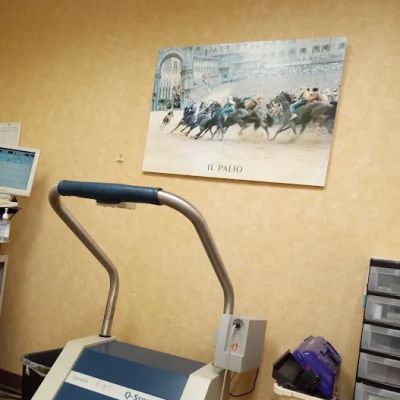
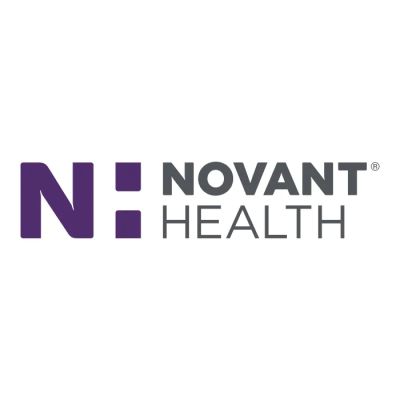
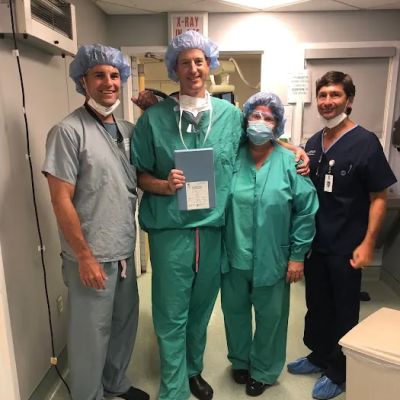



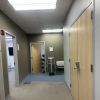


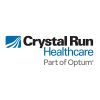










Monmouth Cardiology Associates, LLC
monmouth cardiology
11 Meridian Rd, Eatontown, NJ 07724, USA